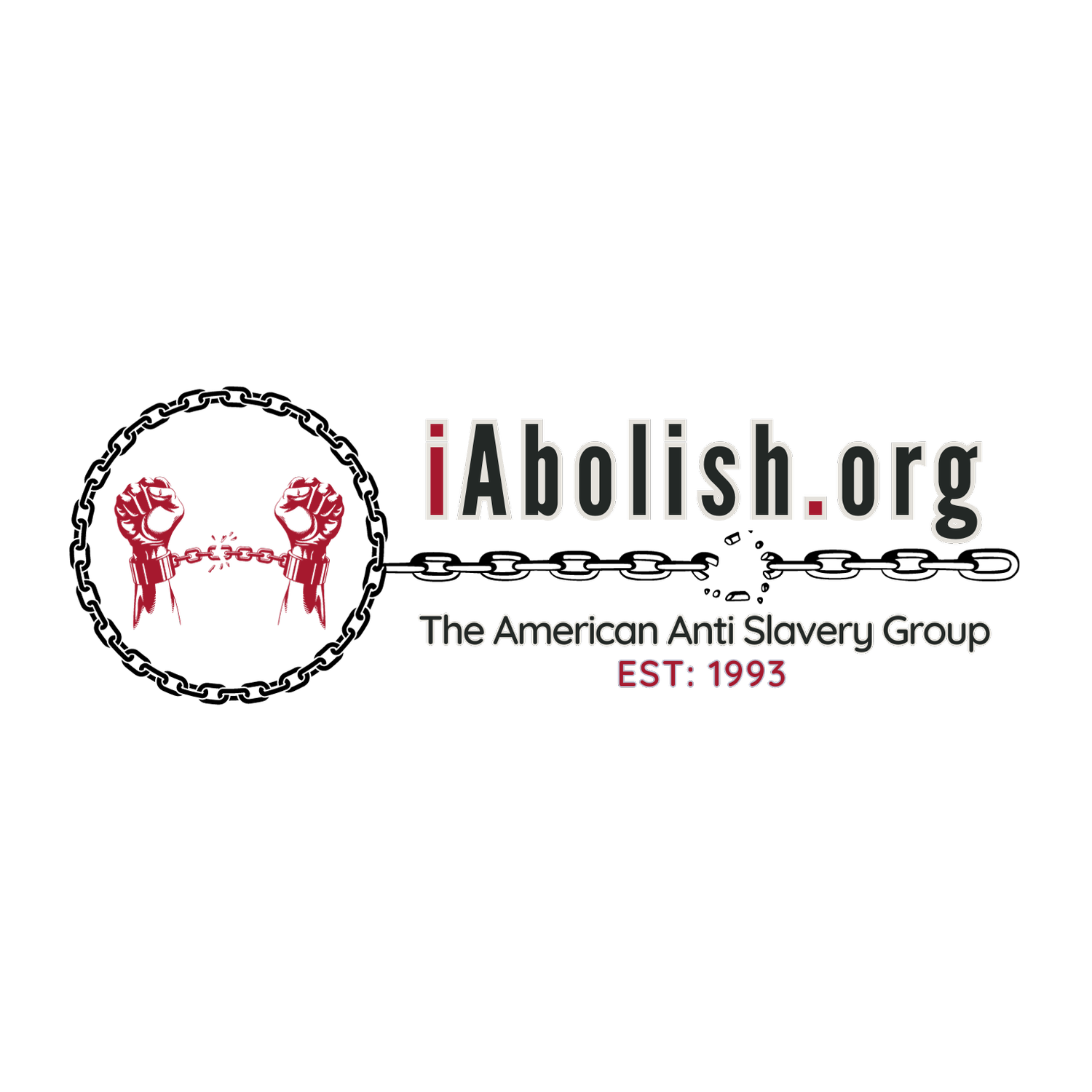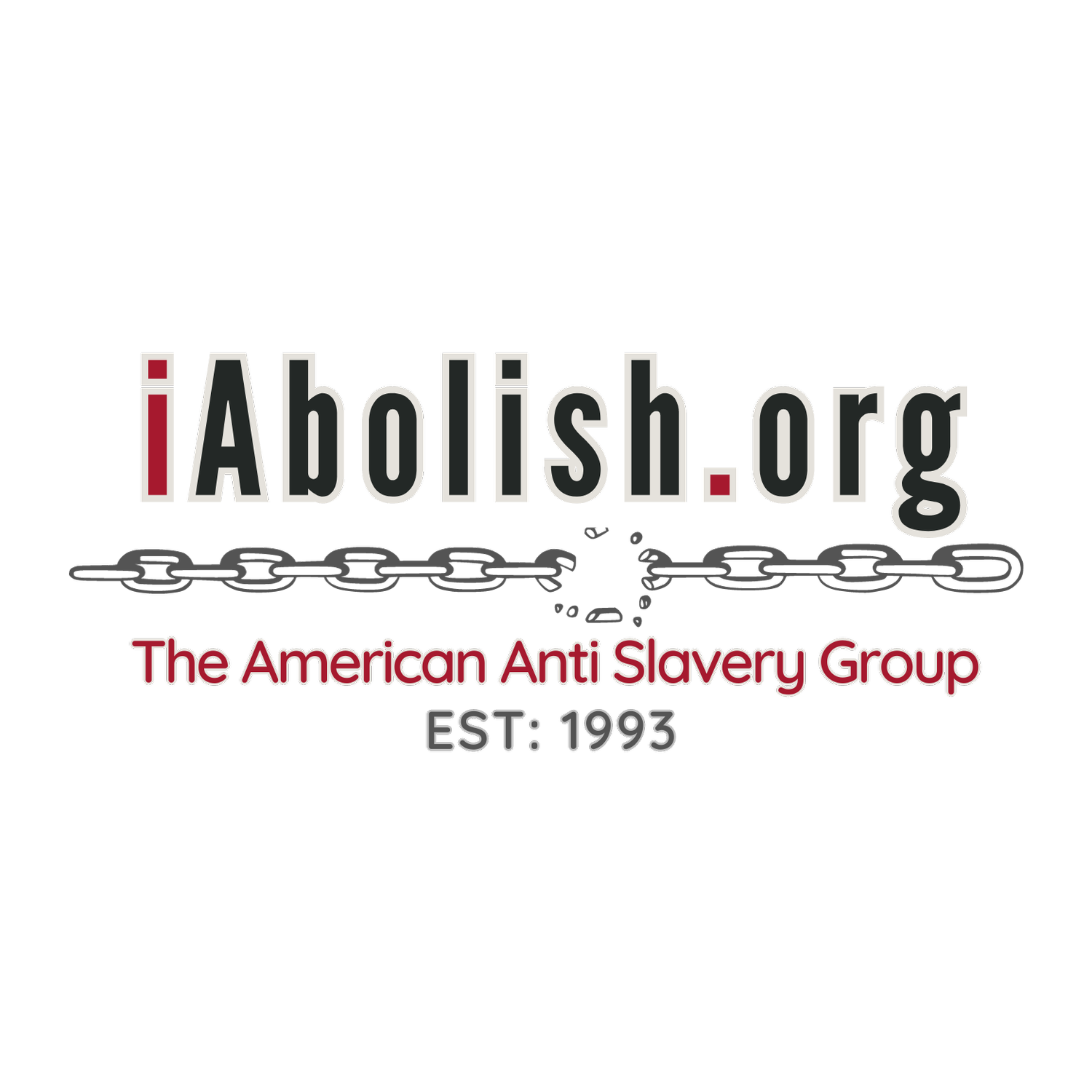Slavery Report: Algeria
African migrants take shelter under the bridge of a motorway on the outskirts of Algiers, Algeria — June 28, 2017. (Zohra Bensemra / Reuters)
Slavery Report: Algeria
Latest Numbers
Like Libya (see Libya report), Algeria in North Africa serves as an escape route for Africans fleeing war, famine, and, in Nigeria especially, Muslim violence. According to human rights reports, tens of thousands of these mainly non-Muslim refugees are captured and enslaved by Algerians. As of 2023, according to the Global Slavery Index, around 84,000 black Africans are estimated to be enslaved — a reduction from its 2018 estimate of 106,000.
History and Background
Black slavery in Algeria dates back to the Arab conquest in the eighth century C.E. Western travelers’ in-depth accounts date back to the seventeenth century. Part of the French empire for generations, colonial authorities outlawed chattel slavery in 1848, but, as in Mauritania in the early twentieth century (see Mauritania report), legislation was pointless in a desert territory inhabited largely by nomads.
Even before the 2009 Boko Haram insurrection in Nigeria (see Nigeria report), in which Christians are murdered and their daughters kidnapped en masse in slave raids, blacks migrated northward seeking better chances for employment. Many of them faced racist oppression, including enslavement as domestics and being forced into sex-trafficking.
Experiences of the Slaves
A 2005 U.S. State Department human rights report chronicles that
According to media reports and a local NGO, forced prostitution and domestic servitude of illegal immigrants from West Africa occurred as immigrants transited through the country seeking economic opportunity in Europe. Official statistical estimates of the severity of trafficking do not exist. No government assistance programs existed for victims, nor did any information campaigns about trafficking. However, several NGOs promoted anti-trafficking campaigns.
Non-Muslim “outcasts,” women, and unprotected children are similarly abused. During the 1990s, human rights organizations documented swaths of rapes and instances of sex slavery committed against (non-black) Algerian women who refused to cover themselves, were caught in the crossfire during political riots, or seeking to be trafficked to Europe.
According to a 2005 U.N. Committee on the Rights of the Child report,
…[P]rostitution is increasing and …not only girls, but also boys who work as vendors, couriers or domestic servants, are particularly vulnerable to sexual exploitation. The Committee also notes with concern reports of trafficking in children and that Algeria is becoming a place of transit for trafficking between Africa and Western Europe. It deeply regrets the absence of a specific legal framework protecting children from trafficking and the insufficient measures to prevent and eliminate this phenomenon. The lack of statistical data on trafficking and the absence of adequate recovery and reintegration services for child victims are cause for serious concern.
More recently, Algeria has become a transit country for African men and women who are trafficked from sub-Saharan Africa to Europe for sexual exploitation and forced labor. The U.S. State Department’s 2009 “Trafficking in Persons” report details that
These men and women enter Algeria, voluntarily but illegally, often with the assistance of smugglers. Some of them become victims of trafficking; men are forced into unskilled labor and women into prostitution to pay smuggling debts. …Among an estimated population of 5,000 to 9,000 illegal migrants, some 4,000 to 6,000 are believed to be victims of trafficking, of whom approximately 1,000 are women.
The U.S. State Department’s 2023 human rights report on Algeria confirms that widespread sexual and monetary exploitation of migrants is still widespread — though the word “slavery” is never used.
Muslim racism against black, non-Muslim foreigners is rife in the country and, while not applying exclusively to slavery, cruelly marginalizes destitute black African migrants desperate for charity. As Algerian author Kamel Daoud wrote in The New York Times in 2016,
For a few years now, families of migrants from sub-Saharan Africa have been gathering at major street crossings in the large cities of northern Algeria. They come to beg for alms, wearing grotesque outfits: oversize veils for the women, even little girls; cotton djellabas for the men; prayer beads ostentatiously displayed. They say “Allah” too readily and misquote verses from the Koran.
Many black migrants, including those who are not Muslim, are deploying symbols of Islam to appeal to Algerians’ sense of charity. Why? Because poverty helps decode culture better than reflection does, and migrants, lacking shelter and food, are quick to realize that in Algeria there often is no empathy between human beings, only empathy between people of the same religion.
Another example: In October [2015] a Cameroonian woman was gang-raped in Oran by a group of men that threatened her with a dog. When she tried to file a complaint with the authorities, she was rejected on two main grounds: She had no papers, and she wasn’t a Muslim.
Stories of such racism have even leaked into the Arab media, with one local human rights activist telling Al Jazeera in 2018 that “No matter what your legal status, you could be locked up and deported anytime, only for being black,” because “your skin colour was a crime.”
Developments
Precious little news coverage exists concerning Algerian slavery. A May 30, 2018, Reuters report — the most recent to date, and for several years — says in part:
Dozens of Africans say they were sold for labor and trapped in slavery in Algeria in what aid agencies fear may be a widening trend of abusing migrants headed for a new life in Europe.
Algerian authorities could not be reached for comment and several experts cast doubt on claims that such abuses are widespread in the north African country.
The tightly governed state has become a popular gateway to the Mediterranean since it became tougher to pass through Libya, where slavery, rape and torture are rife.…
The scale of abuse is not known, but an IOM [International Organization for Migration] survey of thousands of migrants suggested it could rival Libya.…
“The first time they sold me for 100,000 CFA francs ($170),” said Ousmane Bah, a 21-year-old from Guinea who said he was sold twice in Algeria by unknown captors and worked in construction.
“They took our passports. They hit us. We didn’t eat. We didn’t drink,” he told the Thomson Reuters Foundation. “I was a slave for six months.”
Accounts of abuse are similar, said Abdoulaye Maizoumbou, a project coordinator for global charity Catholic Relief Services. Of about 30 migrants he met who were deported from Algeria, about 20 said they had been enslaved, he said.…
Some said they were tortured in order to blackmail their parents into paying the captors, but even when the money arrived they were forced to work for no pay, or sold, said Maizoumbou.…
In 2016, the IOM surveyed about 6,300 migrants in Niger, most of whom had returned from Algeria and Libya. Sixty-five percent of those who had lived in Algeria said they had experienced violence and abuse, compared to 61 percent in Libya. An estimated 75,000 migrants live in Algeria, the IOM said.
As the report briefly mentions, Libya is also a major center of migrant abuse and slavery. Today, it is the best-known instance in Africa of an active slave trade (see Libya report).
As of 2020 (the most recent year for which data are available), at least 250,000 African migrants are living in Algeria. In recent years, the E.U. has deported significant numbers of migrants, some of whom Algeria has refused. This has caused a massive increase in Sub-Saharan migrants traveling to Latin America in order to cross into the United States illegally.
According to the U.S. State Department, the government’s dislike of black migrants invites severe brutality on the part of Arab police officers:
During the first months of the year, a refugee was hospitalized following a beating by police in November 2022 in Algiers. Human rights activists reported three police officers handcuffed the individual, kicked him in the abdomen, and pressed their knees into his chest to prevent his breathing. The activists report the individual was beaten unconscious, causing fractures and internal bleeding. The refugee was deported to Niger where he was later hospitalized.
Further, French Institute for International and Strategic Affairs fellow Brahim Oumansour said in 2024 that Algeria “has tightened its migration policy and stepped up operations to repatriate and turn back sub-Saharan migrants towards the Sahara, on the borders with Niger,” with some “some 26,000 expulsions [counted] in 2023.”
Nevertheless, the 2024 State Department human rights report does not mention slavery at all, saying merely that “many economic migrants from sub-Saharan Africa and elsewhere who worked in the informal sector were at risk of labor exploitation due to their lack of legal status.”
Due to the influx of migrants into France, Prime Minister François Bayrou announced in 2025 that his government would reconsider its 1968 treaty with Algeria granting those emigrating from it special status.


